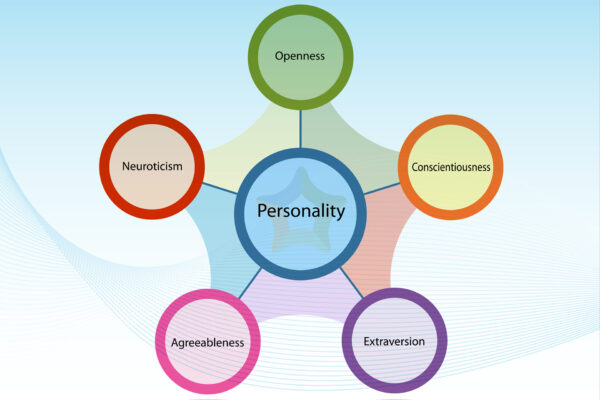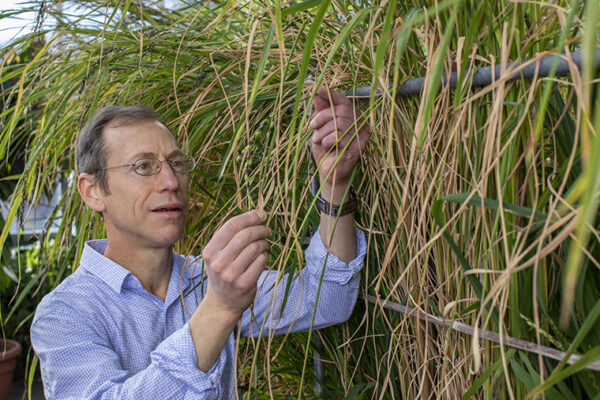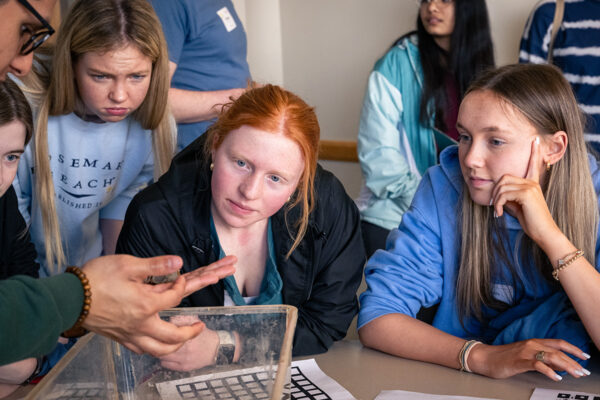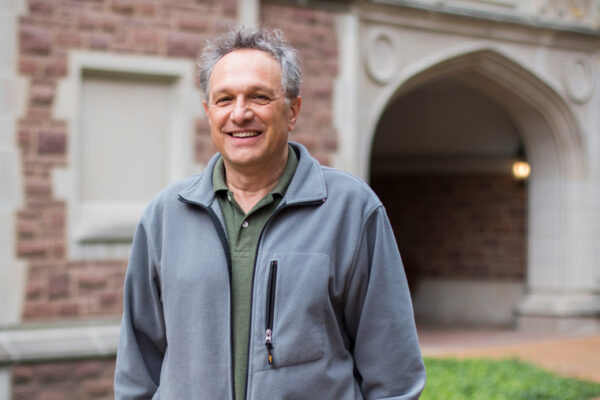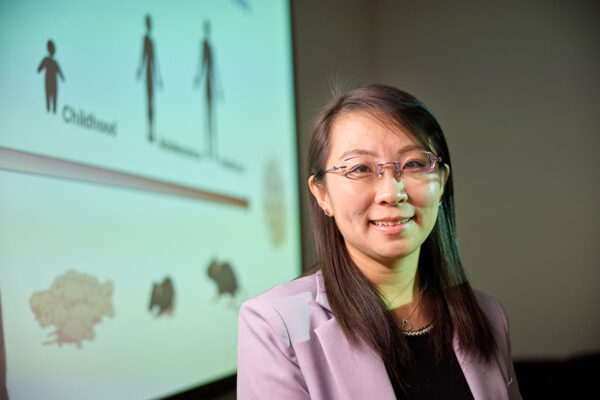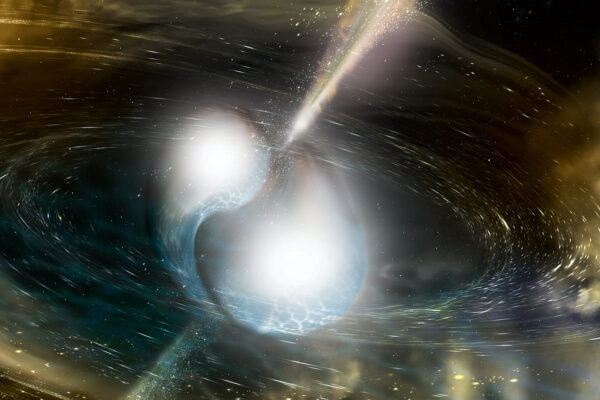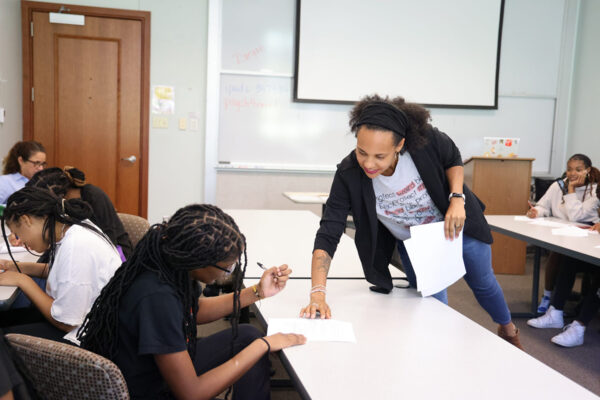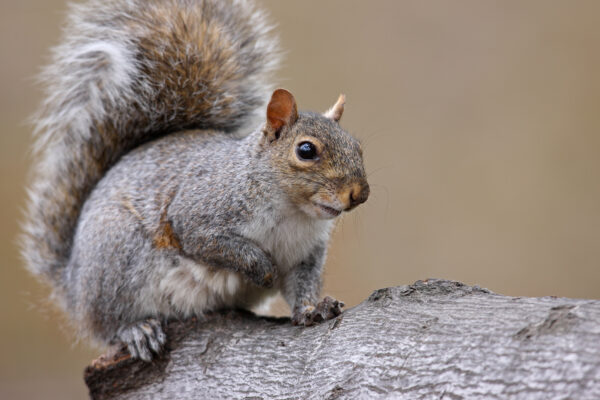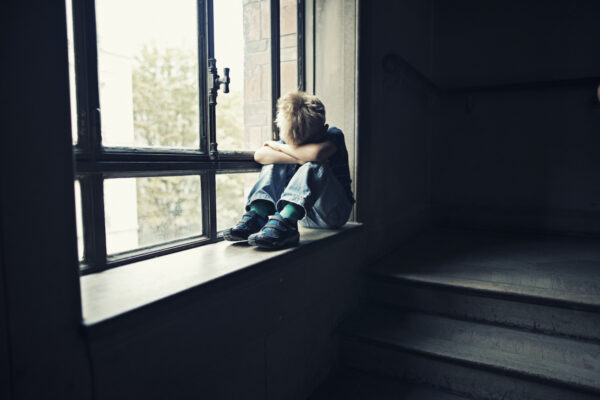Pandemic made its mark on personality traits
Researchers at Washington University in St. Louis have found that the pandemic changed personality traits, in that people became more conscientious and extraversion dropped.
Biologist Olsen helps launch global wild rice alliance
Kenneth Olsen, a George William and Irene Koechig Freiberg Professor of Biology in Arts & Sciences, joined researchers from 24 countries in an effort to strengthen cooperation and solve a key problem of improving rice yields.
Brain Bee gives St. Louis students a chance to explore neuroscience
The St. Louis Area Brain Bee continues to draw students from across the region as interest in neuroscience grows. More than 60 high school students representing 32 schools joined this year’s event March 2 at Washington University in St. Louis. Participants conducted neuroscience experiments, explored careers in neuroscience and tested their knowledge of the human brain and the nervous system.
Amarnath Ghosh, student in Arts & Sciences, 34
Amarnath Ghosh, a master’s of fine arts candidate in dance in the Performing Arts Department in Arts & Sciences at Washington University in St. Louis, was killed in the Academy/Sherman Park neighborhood of St. Louis Tuesday, Feb. 27, 2024. He was 34.
Why do we blame the victim?
In a new study published in Evolution and Human Behavior, Washington University researchers explore what causes people to decline lending a helping hand. In many cases, they find a way to blame the victim, resolving inner conflict by finding shortcomings in the person needing help, according to the research.
Preventing early-onset colorectal cancers aim of $25 million award
Yin Cao, ScD, of Washington University School of Medicine in St. Louis, is leading an international team seeking to understand what is driving the increase in early-onset colorectal cancer globally. To do so, her team has received funding from Cancer Grand Challenges, co-founded by Cancer Research UK and the National Cancer Institute, part of the National Institutes of Health (NIH).
Finding new physics in debris from colliding neutron stars
Neutron star mergers are a treasure trove for new physics signals, with implications for determining the true nature of dark matter, according to research from physicist Bhupal Dev in Arts & Sciences.
Capturing the power of ‘Black Girl Magic’
In a new study, Seanna Leath, an assistant professor of psychological and brain sciences in Arts & Sciences, explores the benefits of the Black Girl Magic Crew, an after-school program designed by Black women and girls to help girls feel encouraged and supported.
How bias shows up in maps made with citizen science data
When biologist Elizabeth Carlen in Arts & Sciences saw that squirrels were not being reported in north St. Louis, she wanted to know why. Her new paper in People & Nature illustrates how social and ecological factors can create bias in contributory science data.
Preschoolers with depression at greater risk of suicide during adolescence
Children ages 3 to 6 who have had clinical depression are more likely than their peers to have attempted suicide or to have had thoughts of killing themselves by age 12, according to a new study by researchers at Washington University in St. Louis.
View More Stories
